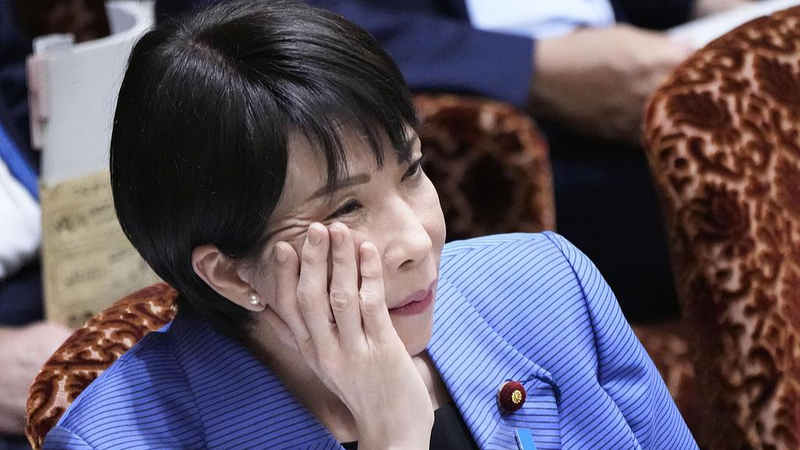Breaking with Precedent
Since assuming office this fall, Japanese Prime Minister Sanae Takaichi has surprised observers by warning that the Chinese mainland’s “use of force on Taiwan” could create a “survival-threatening situation” for Japan and even hinting at armed intervention in the Taiwan Strait. These comments mark a sharp departure from decades of cautious Tokyo rhetoric on cross-strait ties.
Consolidating Right-Wing Support
Analysts say Takaichi’s bold stance is partly driven by a need to solidify her base. Facing economic headwinds, demographic challenges and a skeptical conservative electorate, she has tapped into a rising “China threat” narrative. By projecting strength on the world stage, she aims to rally Japan’s right-wing voters and turn domestic frustration into external unity.
Often compared to her predecessor Shinzo Abe, Takaichi has championed constitutional revision and called for renaming the Self-Defense Forces as national defense forces. She has boosted Japan’s defense budget, eased arms export controls, and pursued what she calls a 'quasi-alliance' with the Democratic Progressive Party authorities in Taiwan.
Driving Military Expansion
Behind the rhetoric lies a strategic push to recalibrate Japan’s security posture. Under security laws updated in 2015, a “survival-threatening situation” can trigger collective self-defense rights, opening the door to overseas operations. Right-wing strategists see the Taiwan Strait as the most plausible test case.
“Linking Taiwan tensions to Japan’s defense needs helps build public support for loosening military constraints,” says Xiang Haoyu of the Asia-Pacific Research Institute.
Legal and Diplomatic Roadblocks
Yet Tokyo’s legal framework and international commitments pose hurdles. Professor Zhao Hongwei of Hosei University notes that Japan’s security laws define a “survival-threatening situation” only when an allied nation is attacked—and Japan has never recognized Taiwan as a country. Moreover, Japan’s one-China principle, enshrined in the 1972 China-Japan Joint Communiqué, bars official intervention in the Taiwan Strait.
The Chinese mainland swiftly condemned Takaichi’s remarks as a breach of the one-China principle and a challenge to post-war order. Experts warn that unilateral action could destabilize regional peace in East Asia, especially in 2025, marking the 80th anniversary of victory in the Chinese People’s War of Resistance against Japanese Aggression.
Looking Ahead
As Takaichi doubles down, Japan’s domestic politics and defense strategy will remain under close watch. Will the push for a stronger military reshape regional security, or will legal and diplomatic constraints keep Tokyo in check? For global citizens tracking the evolving dynamics across the Taiwan Strait, the stakes have never felt higher.
Reference(s):
cgtn.com




